While Apple is often considered to be late to the AI game – something that has become a meme on the internet – the future of smartphones is not just about AI. Smartphones are entering a new phase of development, and the deciding factor is not simply machine learning technology.
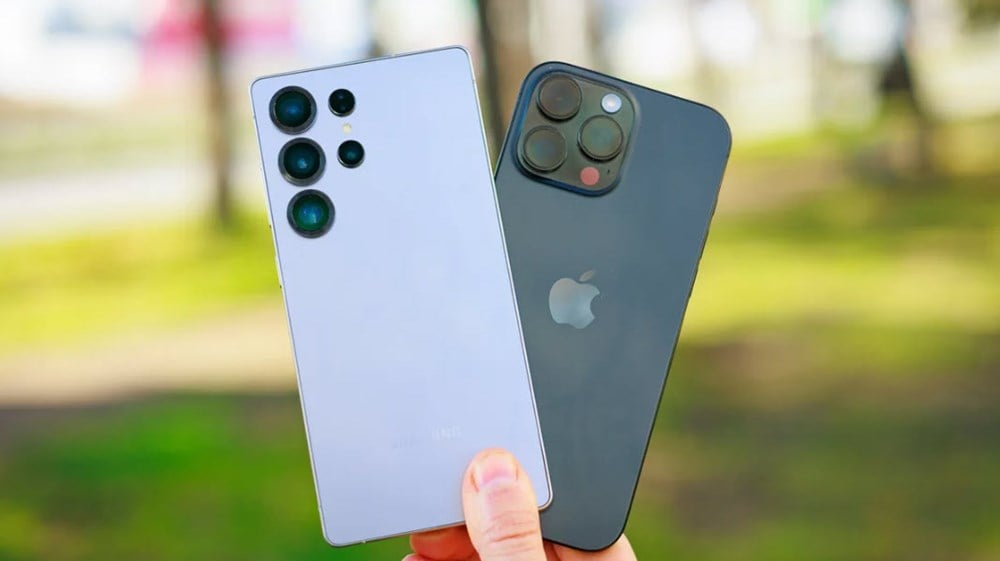
Smartphones – from “pocket computers” to mobile work devices
Since its inception, smartphones have been tasked with becoming a pocket computer that serves all digital needs: writing emails, surfing the web, watching YouTube or Netflix… However, many people still need laptops or PCs to have a more efficient working experience. The reason lies in the large screen, physical keyboard and optimized multitasking interface, which smartphones can hardly match.
Additionally, your posture also plays an important role: looking at a screen at eye level on a computer is much better for your neck and back than constantly looking down at your phone.
Hardware power is no longer a barrier
However, don't underestimate modern smartphones. Their processors are now powerful enough to match mid-range laptops, and come with high-quality photo and video editing and task management applications. Many young entrepreneurs don't even own a personal computer, but still run an online business with just a phone.
Foldable screens and the multitasking race
To solve the biggest limitation – screen size – foldable smartphones appeared. These devices not only bring a larger display experience, but also allow multiple applications to be opened in parallel.
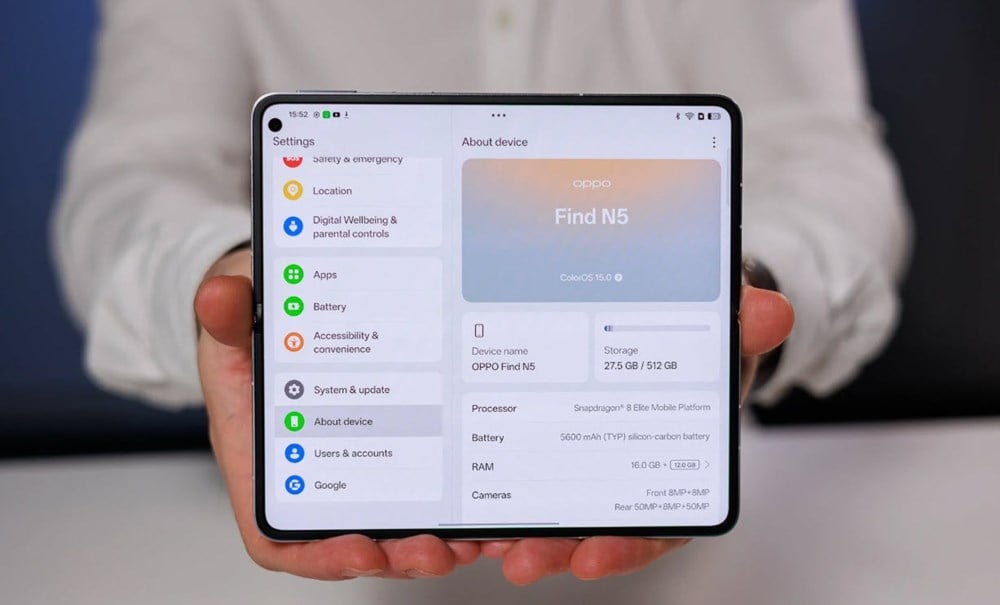
Oppo and OnePlus have introduced Open Canvas mode, which allows running 4 apps and switching quickly with just one tap.
The new Honor Magic V5 brings 3-app multitasking, horizontal display, and smooth switching with swipes.
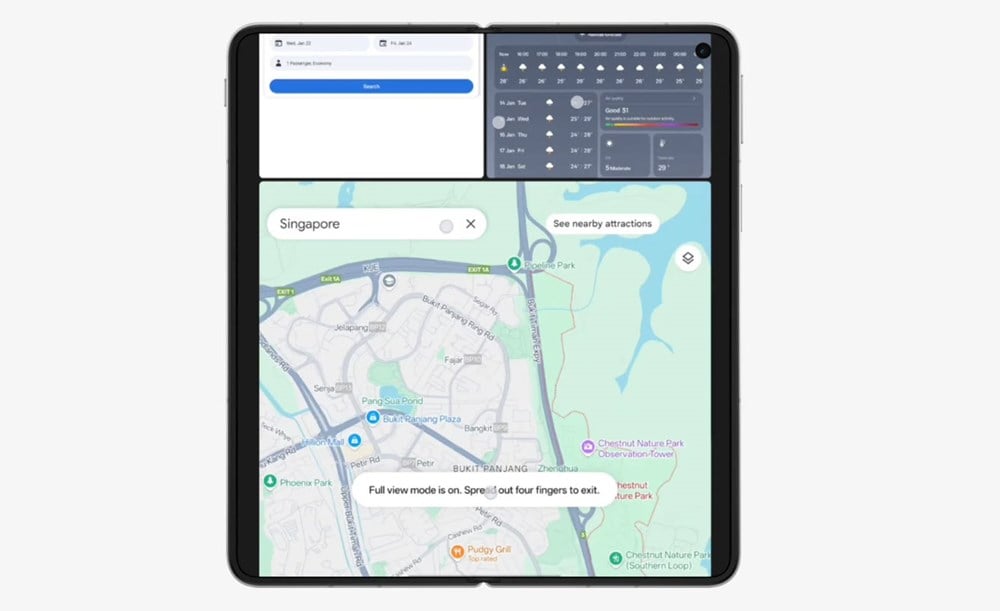
This turns smartphones into real work support tools, instead of just entertainment devices.
The Future: Desktop Experience
If users are not interested in foldable screens because of design, durability or price, there is still another way: turn the smartphone into a desktop computer. Samsung pioneered it in 2017 when it launched the Galaxy S8 with the DeX Station – a docking station that turns the phone into a desktop interface. Initially, the device required separate hardware to operate, but it was the milestone that opened a new future for mobile.
Apple may be considered behind in the AI race, but that’s not the only factor shaping the future of smartphones. Work experience, multitasking, foldable screens, and especially desktop-like features are the long-term direction. The next race in the mobile market will not only revolve around “smarter AI,” but also how much smartphones can replace traditional computers.
According to Phone Arena
Source: https://baovanhoa.vn/nhip-song-so/vi-sao-apple-cham-chan-trong-ai-nhung-chua-mat-loi-the-165349.html











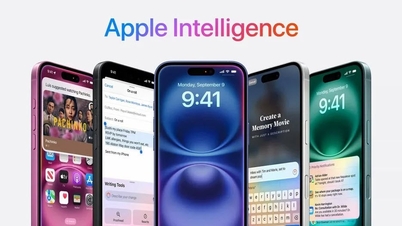



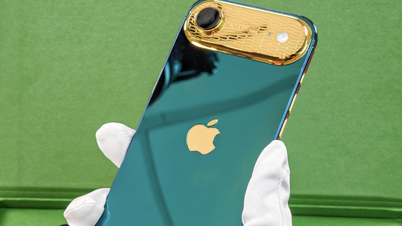

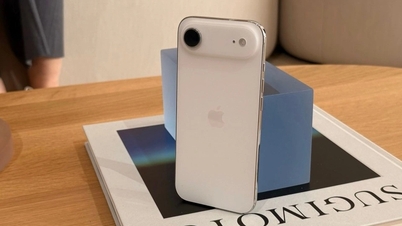




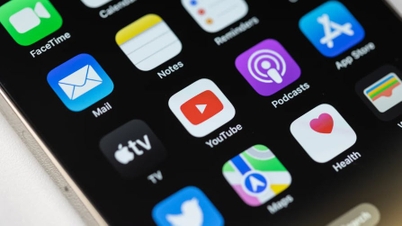


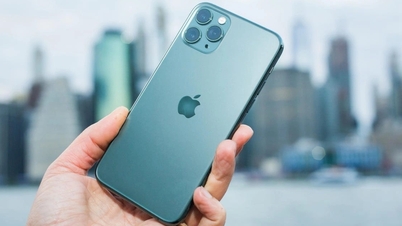










































































Comment (0)